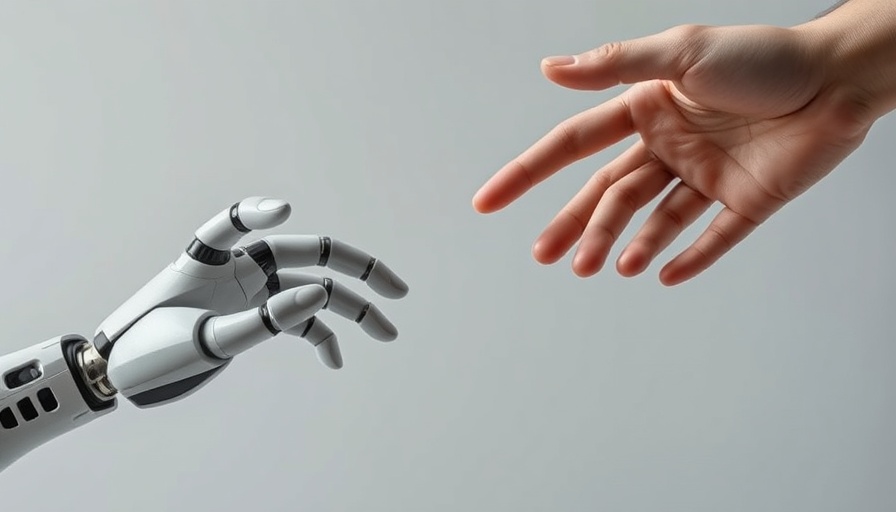
The Rise of AI Companions: What It Means for Human Relationships
In a world increasingly influenced by technology, the emergence of AI companions raises critical questions about human connection. As relationships evolve with the introduction of chatbots, we must evaluate their role and whether they can genuinely substitute for meaningful human interactions.
Understanding AI Relationships: An Overview
Recent studies show that men are more likely to engage in AI relationships, making up 75% of the demographic seeking companionship in chatbots. This trend suggests an opening to explore why many individuals, particularly men, gravitate towards AI substitutes for romantic partners. These digital interactions offer simulated feelings of connection and belonging, and they also provide users with convenient social support. However, the reality remains that such relationships distort realistic expectations for human engagement.
The Upsides and Downsides of AI Companionship
Proponents of AI relationships emphasize their unique advantages. Chatbots are available 24/7, never tire, and can motivate users towards healthier behaviors while providing emotional responses perceived as empathic. The ease of opening up to a non-judgmental entity can relieve users of the anxiety that may come from sharing personal experiences with humans.
On the flip side, chatbots often lack genuine empathy, and over-reliance on them might hinder users from establishing real-world relationships. Though predictable responses provide temporary comfort, the risk of emotional detachment grows as humans seek deeper, more enriching interactions.
The Unique Benefits of Human Connections
Despite the allure of AI companions, the benefits of real human interactions are irreplaceable. Human relationships offer shared experiences, empathy, and a sense of community that enhances emotional health. Authentic connections introduce individuals to broader social circles, enabling them to explore collective activities that enrich their lives. These critical aspects of human relationships cannot be replicated by chatbots.
Red Flags: The Stigma of AI Relationships
Engaging in an AI relationship can come with social stigma. Users often feel reluctant to admit their reliance on chatbots, fearing judgment from peers. This stigma can reinforce isolation, pushing users further away from real human connections. For executives and business leaders, the implications of such behaviors can impact workplace dynamics and personal well-being.
The Future of AI Companionship: Trends and Predictions
As society progresses, the role of AI companions may shift. While they currently serve a functional purpose, there’s potential for AI to evolve into more complex entities that could enhance emotional understanding. However, we must remain vigilant about the emotional and mental implications of over-engagement with chatbots. Predictions suggest that as technology improves, a greater emphasis on maintaining human connections will become paramount in work and personal life.
Conclusion: Navigating the AI and Human Relationship Landscape
Moving forward, individuals, especially business leaders, need to strike a balance between utilizing AI for convenience and nurturing authentic relationships. While AI relationships can be beneficial in certain contexts, they should never replace human interaction. Recognizing the value of both forms of companionship can lead to healthier, more fulfilling lives.
As we navigate our increasingly digital world, let’s not forget: real human connections will always hold the greatest power in our lives.
 Add Row
Add Row  Add
Add 




Write A Comment